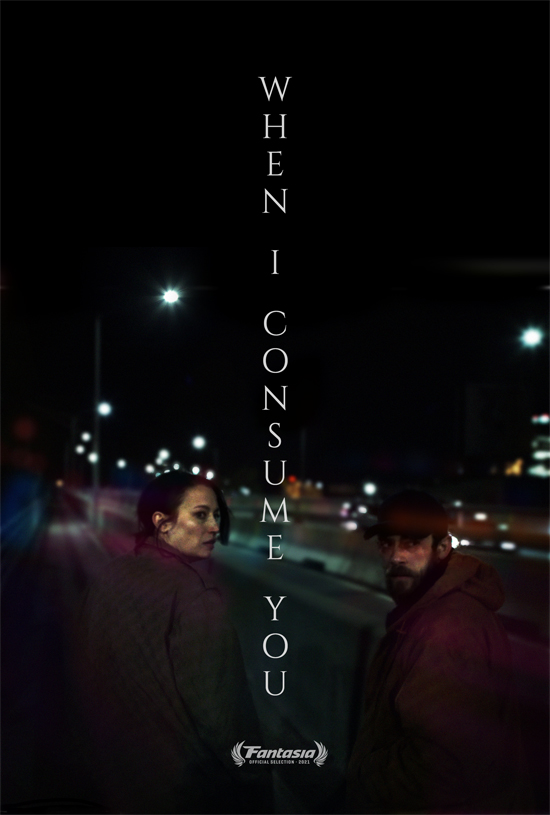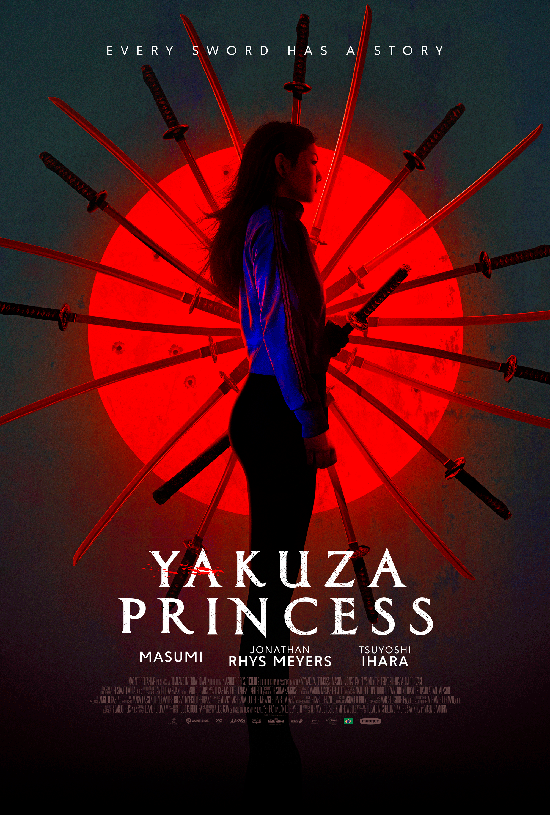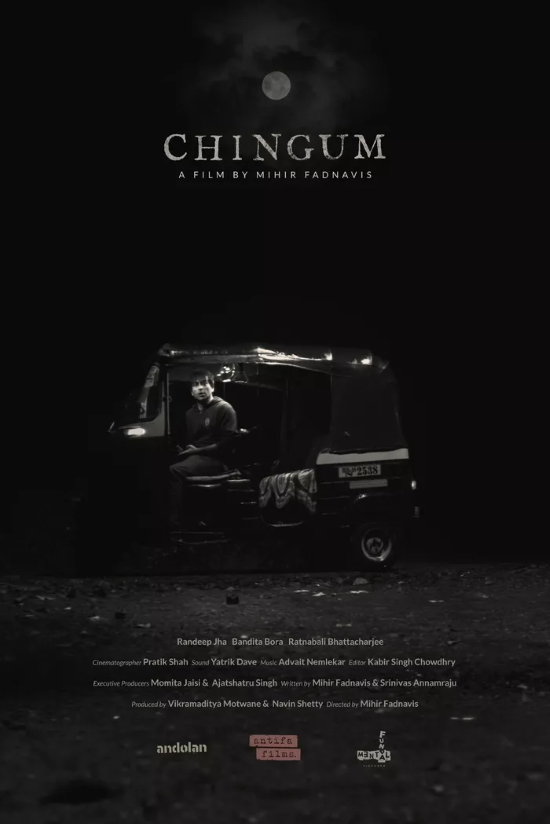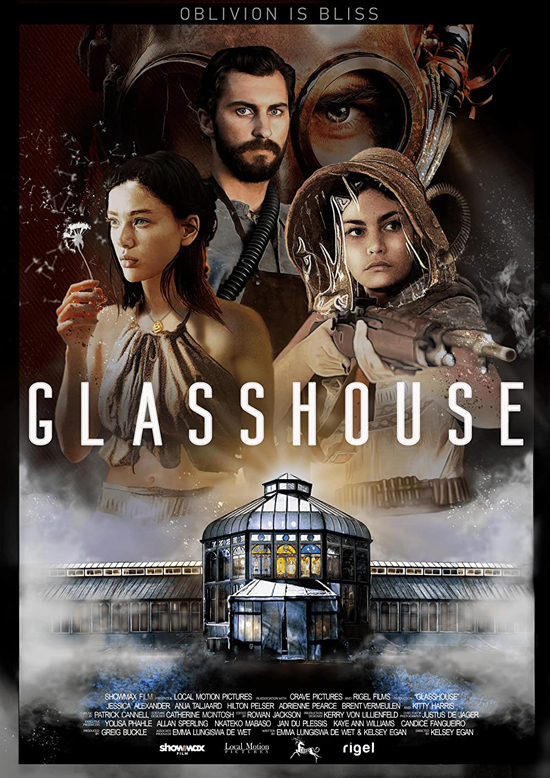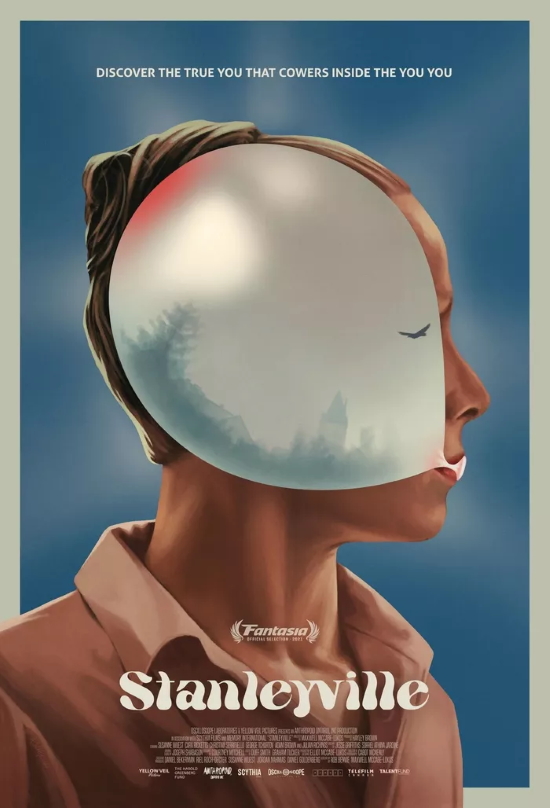Fantasia 2021, Part LII: Don’t Say Its Name
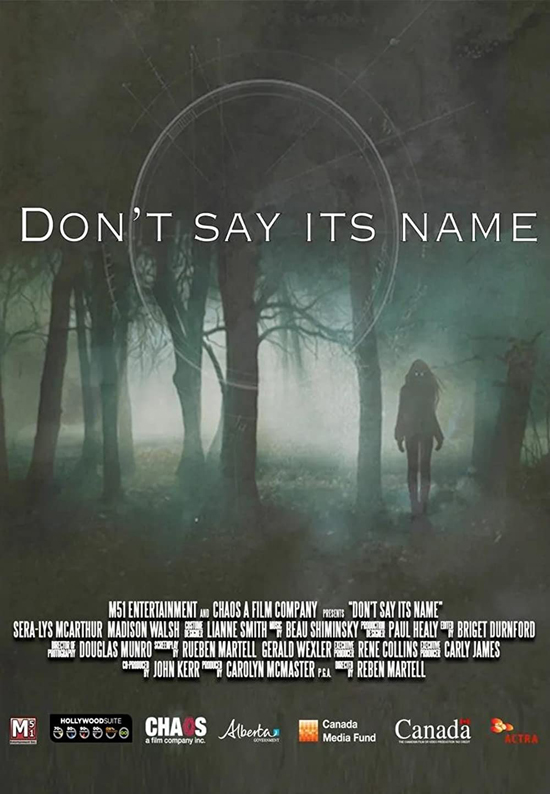 Don’t Say Its Name is a feature film from director Rueben Martell, co-written by Martell with Gerald Wexler, that had its world premiere at the 2021 Fantasia Film Festival. It’s a film set in a northern Indigenous community divided by an offer from a big mining company promising money in exchange for the rights to tear up the land. But then murders start happening, some of them apparently supernatural.
Don’t Say Its Name is a feature film from director Rueben Martell, co-written by Martell with Gerald Wexler, that had its world premiere at the 2021 Fantasia Film Festival. It’s a film set in a northern Indigenous community divided by an offer from a big mining company promising money in exchange for the rights to tear up the land. But then murders start happening, some of them apparently supernatural.
The story starts with the murder of anti-mining activist Kharis Redwater (Sheena Kaine) one night on an isolated icy road. As law enforcement investigates, in the person of middle-aged Betty Stonechild (Madison Walsh), other killings happen — violent deaths, victims torn apart by some invisible force in front of witnesses. Betty deputises Park Ranger Stacey Cole (Sera-Lys McArthur, also at Fantasia this year in the short “She Whistles” in the Born of Woman showcase). But even her experience fighting in Afghanistan, which has left her with a bad case of PTSD, is tested by the mysterious entity.
The film’s been billed as a horror movie, but I’d call it dark fantasy. This genre quibble speaks to the effect of the film. There are horrific killings, and there is a supernatural entity responsible, but the main characters aren’t terrified by it. They’re cautious, of course, as they’d be cautious of a creature like a maddened bear or wolf, but their actions aren’t driven primarily by fear, they don’t break down in terror or even come close, they never panic. Confrontations with the creature are marked by desperation but not mindless terror. The point of this is that the story is not one of an isolated community terrorised by the supernatural, but a story of resourceful and determined women trying to protect their home and loved ones.
